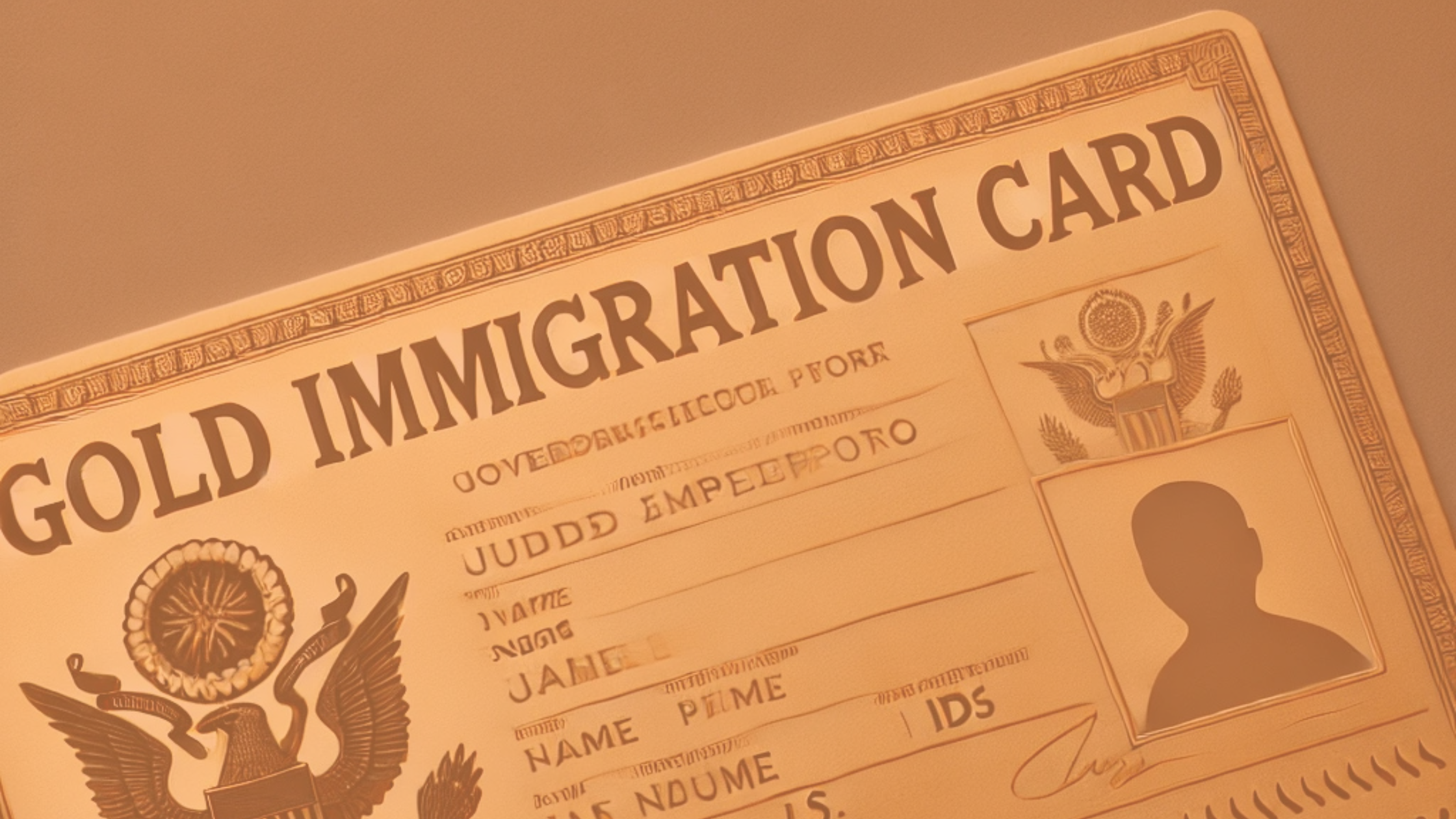
In August of 2022, new rules were put into place for the Deferred Action for Childhood Arrivals (DACA) program. These changes seek to codify many of the current guidelines that were in place for the program in the past, but will also make some major reforms that could potentially have a big impact on the DREAMers who make use of the program.
How does DACA work?
The Deferred Action for Childhood Arrivals program was created in 2012 by the Obama Administration to provide temporary relief from deportation for certain immigrants who were brought to the US illegally as children.
The program grants temporary legal status to undocumented immigrants who came to the US as children and allows them to remain in the country. Under the new rules, In order to qualify for this program, you must fulfill the following requirements:
- You entered the US before turning 16 years old;
- You were younger than 31 years old on June 15th, 2012;
- You have completed your high school education or received a GED;
- You have lived in the US continuously since June 15, 2007;
- You have not been convicted of a felony offense, a significant misdemeanor offense, multiple misdemeanors, or otherwise pose a threat to national security or public safety; and
- You were either discharged from the United States Armed Forces, or are currently enrolled in school.
What Are the New Rules for DACA?
The August 2022 update to DACA brought some small but important changes that will impact the eligibility of many immigrants. Most notably, the program now explicitly excludes those who have received "expunged convictions, juvenile delinquency adjudications, and immigration-related offenses characterized as felonies or misdemeanors under State laws" from utilizing the benefits offered by DACA.
The new rules also establish that a work authorization permit received through the program will remain valid until the individual's DACA status is terminated. This is a welcome change for DACA applicants, who previously had to worry about their work permits expiring while waiting for their applications to be processed by the USCIS.
Unfortunately, one of the changes that did not make the cut was a provision that would have expanded eligibility for the program by moving the required entry date forward, so that younger immigrants could be accepted into the program. As of yet, the entry date remains unchanged from DACA's original iteration.
It is important to note that unfortunately, a district court in Texas issued an injunction in July 2021 that prohibits DHS from granting initial DACA requests. As a result, DHS is not adjudicating any initial DACA applications. As of September 9, 2022, DHS can continue to grant DACA renewal applications because the court injunction was partially stayed from implementation. However, the fifth circuit is currently considering the case on appeal and its ruling could negatively affect the DACA program and DACA recipients.
While the Biden Administration updates are a step in the right direction, and help DACA recipients by making several areas of the law surrounding the program more clear, they fail to expand the program to include younger immigrants who have resided in the country ever since its original 2012 inception.
As of now close to 800,000 DACA recipients have been able to contribute to our economy, buy homes and start their own businesses. Although this is a great temporary solution, it is not enough because DACA recipients are in constant fear of this program ending. We need to push Congress to provide a permanent solution to allow these DACA recipients a path to citizenship.
If you're in need of any further assistance in your immigration application, or for more information, contact Pollak, PLLC today to schedule your consultation.




